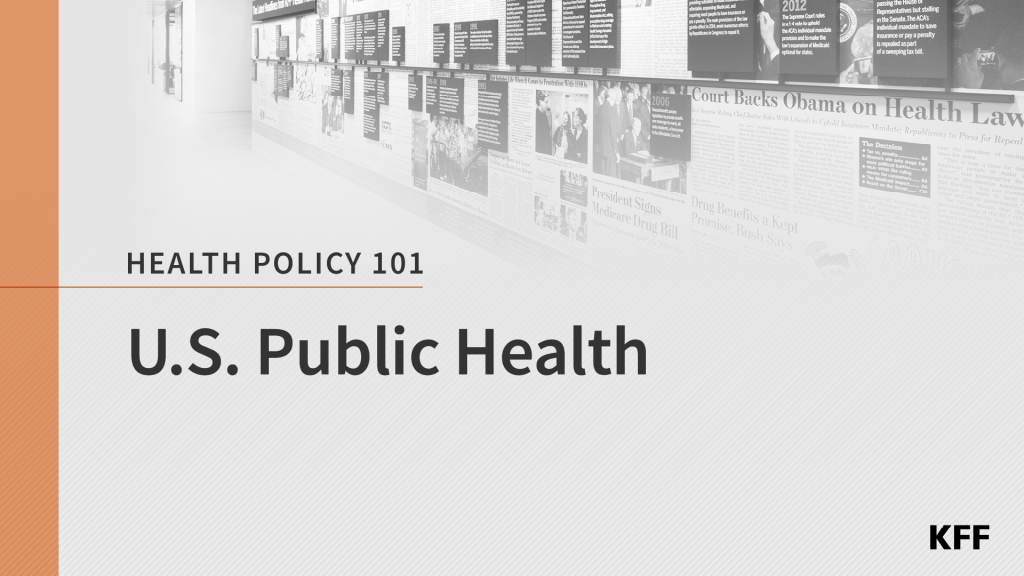Just Released – COVID-19 in Rural America – Is There Cause for Concern?
While to date big cities and major urban areas have seen the greatest number of coronavirus cases and deaths, a new KFF analysis finds the growth rate is now higher in rural areas, where the population tends to be older, younger people are more likely to have high-risk health conditions, and there are fewer intensive-care…
